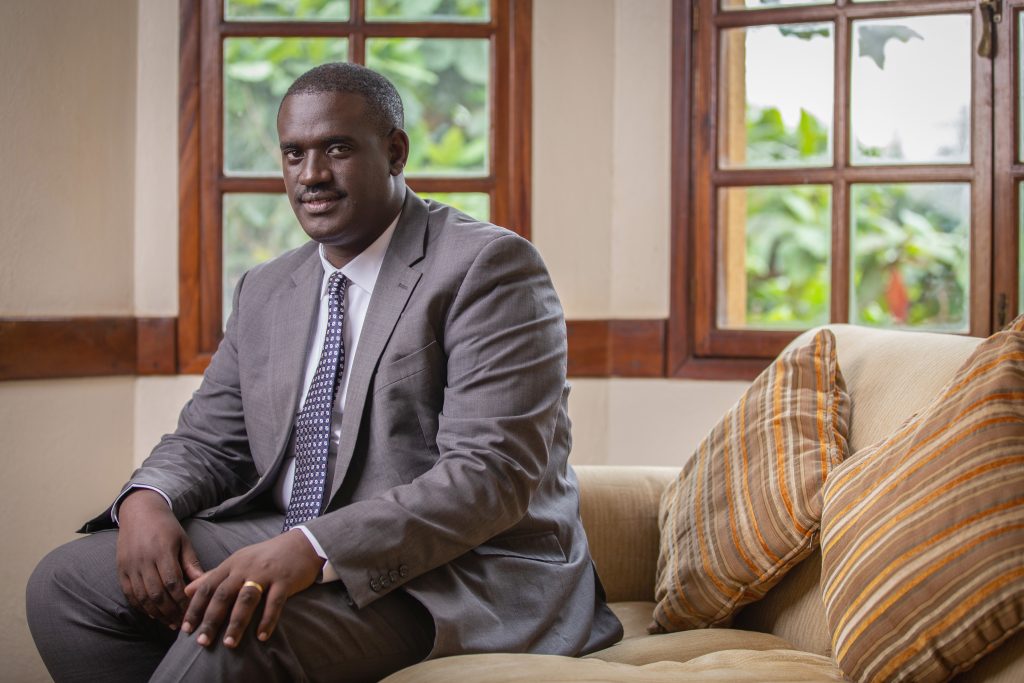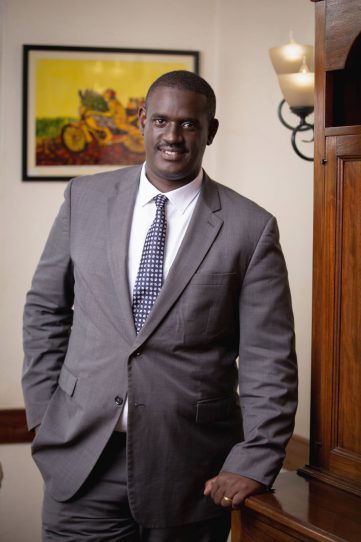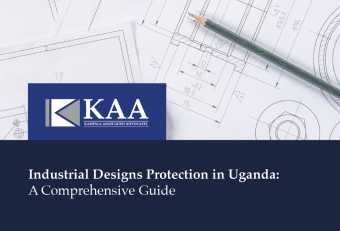In 1896, the first colonial exhibition was held in Germany. As part of a trade show in Berlin, organizers had set up a village in a park in the city’s Treptow district. Lured by false promises, hundreds of Africans from the German colonies were brought to Berlin, where they were forced to present themselves to the astonished public for months. In Munich, Africans were on display at the Oktoberfest until 1931 and sadly, the concept of the racist gaze underlying those human zoos still exists today, in 2022, with Africans often presented in western societies as desperate people in need of a savior.
An example of Africans on display in Europe will be seen on 7th December 2022, when the High Court in Paris will hear a case brought by six NGOs, against Total Energies for continuing its investments in Uganda’s oil fields and in the East African Crude Oil Pipeline. These NGOs claim they are bringing this suit in part “on behalf of” frontline communities in Uganda that are “negatively impacted” by the oil projects and the EACOP pipeline. They have presented to the French Court an image of caged and vulnerable Africans. They and a number of international environmental lobbies claim that Total and CNOOC are guilty of “corporate colonialism”. Regarding the case, details of the claims and the veracity of the allegations made by these NGOs is a matter that will be determined in the litigation.
The allegation of “corporate colonialism” is farfetched. Long before Total Energies and CNOOC came to Uganda, our country had already begun an extensive oil exploration programme. This is totally lost in the Anti-EACOP narrative. Furthermore, Uganda is the largest beneficiary of the oil project with as much as 70% from each barrel of oil being taken by the Government. The project is licensed, supervised and regulated by Government entities including Parliament, the Auditor General who audits all project costs, National Environment Management Authority (NEMA), the Petroleum Authority of Uganda, the Uganda National Oil Company to mention a few.
There can be no denying the critical role played by Civil Society Organizations (CSO) in the fight for the rights of the more vulnerable people in society. Indeed, when it comes to the development of Uganda’s oil sector, it was the Civil Society Organisations that persuaded the Government of Uganda to join the Extractive Industries Transparency Initiative (EITI) to ensure transparency and accountability in the oil sector. CSOs in the region promoted Multi Stakeholder Dialogue with different branches of government, oil companies, donors and communities. The CSOs formed a Civil Society Coalition on Oil and Gas (CSCO) that helps keep the different industry players accountable. In addition to CSOs, there are other important voices that speak for the communities including local leaders, elected officials, religious leaders and cultural leaders. It is through these forums and these leaders that we can hear the voice of frontline communities. Their voice is certainly not being represented in a Paris court by international NGOs and their local satellites. These Western groups do not profile the experience of frontline communities holistically and instead romanticize and tokenize the experience of our people. In the story of the human zoos of Germany, the turning point happened when the African victims resisted their dehumanization and stepped out of the role assigned to them. Similarly, we owe it to ourselves to stop and expose these groups, who are speaking out ”on behalf of” Uganda, for public view.
As these international NGOs accuse Total Energies of “corporate colonialism” one wonders when Friends of the Earth, Survie or 350.org became Pan African anti colonial institutions? The idea that the sovereign decision of Uganda, made in our parliament, over our resources, is currently being made subject to the judicial supervision of a judge in a Paris court is akin to Africans under review in colonial zoos. Moreover, the litigation will be conducted in French, a language that the frontline communities, or indeed any Ugandan communities, do not understand.
Litigation in Paris is expensive. The fact that local NGOs have to fly to Paris from Uganda to attend “their” court hearing is obviously costly. Lawyers in Paris do not come cheap and the time they have to invest in a case of this magnitude is also expensive. So who is bearing these exorbitant costs? Certainly not our front line communities.



